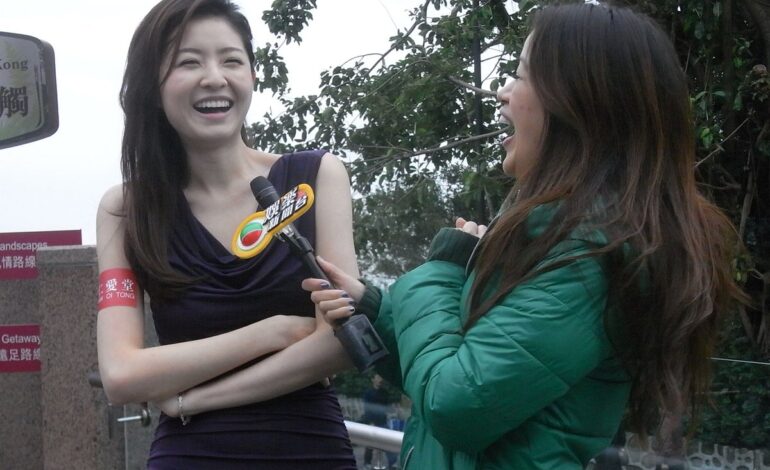Former Disney Boss Fires Back: Eisner Challenges Disney Brass Over Jimmy Kimmel Suspension

A unique, fact-based reveal lands straight from the wild front row of corporate America: former Disney CEO Michael Eisner publicly calls out current leadership, blasting the company for suspending Jimmy Kimmel and demanding accountability for what he views as “bullying” tactics toward free speech. I’m Jordan Collins, your friendly guide who assumes you probably need the cliff notes with a side of shade, here to unpack what the ex‑Disney chief is saying, why he’s saying it now, and what it might mean for the broader First Amendment conversation surrounding corporate power, media, and the entertainment giant’s governance.
Eisner’s critique surfaced on social media this past Friday, when he weighed in on the Kimmel suspension that followed public pressure and regulatory rhetoric involving the FCC. The key bone of contention, in his framing, is leadership under pressure and whether Disney’s leadership is willing to defend the press and expression when confronted by political and regulatory threats. He directly questions where the leadership has gone, implying that the company’s decision to pull or suspend Kimmel’s program is part of a broader pattern of yielding to intimidation rather than defending the principles of free speech and a robust press.
To anchor this story in verifiable context: Eisner did not mince words about his personal stance on Kimmel’s talent—he says the late-night host is “very talented and funny”—but the public target isn’t just a comedian; it’s a symbol in Eisner’s eyes of how a major media conglomerate should respond when political pressure surfaces. His framing leans on a classic media-liberties argument: corporate actors should resist aggressive, hollow threats that seek to chill speech. He quotes or alludes to constitutional ideals, reimagining a hypothetical clause about free speech to fit the modern corporate landscape, and suggests, with a pointed wink, that the Constitution’s protections could be weaponized in the service of business or political self-interest.
Eisner’s social media post ties the Kimmel incident to broader national conversations about accountability, free speech, and corporate conduct. The language is provocative: he references university presidents and law firm leaders standing up to bullies and implies that corporate chief executives should do the same when the stakes involve First Amendment rights. While some may chalk this up to a veteran executive’s penchant for dramatic statements, the insistence that leadership must take a stand against intimidation taps into a long-running debate about whether large media entities possess a duty to defend public discourse, even when it lands them in a regulatory crosshairs.
What does this mean for viewers and readers? It sharpens the lens on Disney’s decision-making under pressure and raises questions about where the company’s priorities lie: protecting brand and partnerships versus defending journalistic independence and entertainment free from government overreach. Eisner’s comments also invite fans to re-examine the relationship between corporate governance and constitutional principles in a media landscape where content, regulation, and workplace culture intersect in real time. It’s a provocative reminder that the drama at the top isn’t just about ratings or shareholder value—it’s about how a legacy media empire interprets and defends the fundamental rights that underpin a free press.
So, what’s next? The discourse around Kimmel’s suspension will continue to echo through boardroom meetings, public statements, and social feeds. Expect more critiques from industry veterans who view this as a bellwether for how far corporate actors will go to shield themselves from political and regulatory pressure. The real question remains: will Disney’s leadership respond with a robust defense of speech or retreat behind procedural safety nets? And who among the current executive cadre will step into the breach if the moment calls for it?
If you’re hoping for a clean denouement, you’ll want to stay tuned, because in the high-stakes arena of entertainment, politics, and free speech, the next move could redefine what leadership means in a company where culture, law, and audience loyalties collide.
Sources: Celebrity Storm and TMZ (Entertainment News)
TMZ Newsroom Reports
Attribution: HK Peak 徐淑敏 Suki Chui 無綫娛樂新聞台 TVB Entertainment News 2-Dec-2012 — LugardTong (CC BY-SA 3.0) (OV)
Attribution: HK Peak 徐淑敏 Suki Chui 無綫娛樂新聞台 TVB Entertainment News 2-Dec-2012 — LugardTong (CC BY-SA 3.0) (OV)




